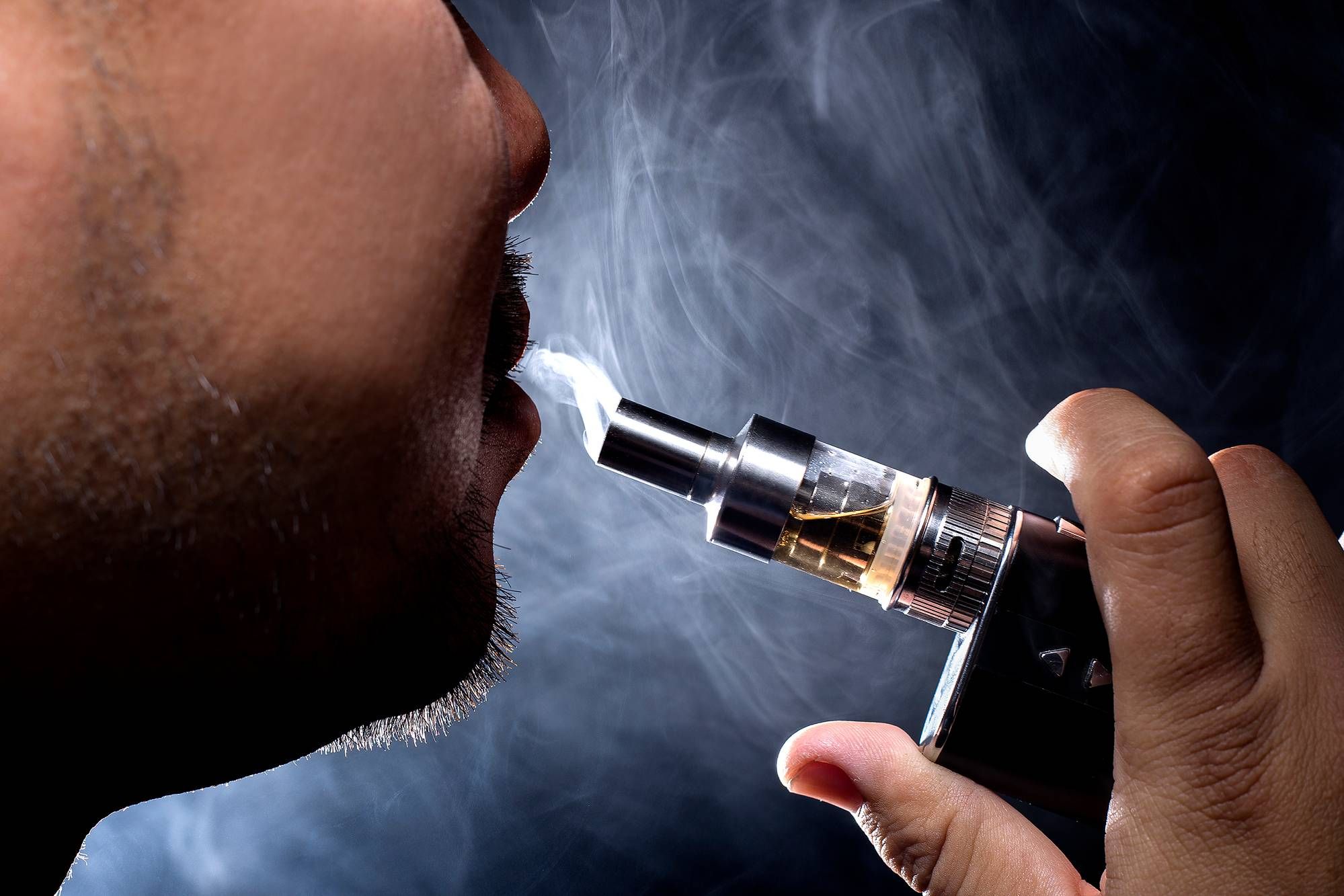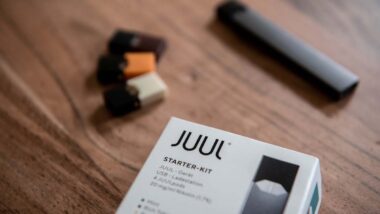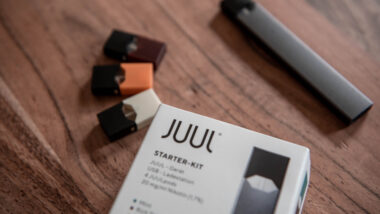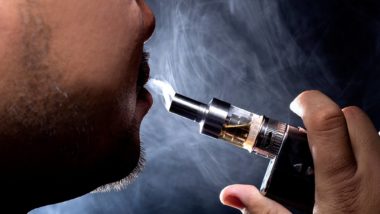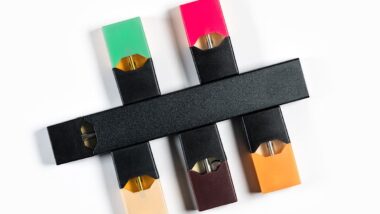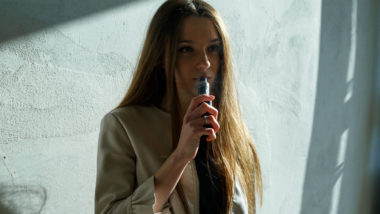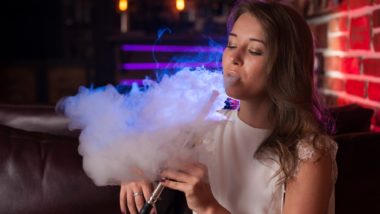Top Class Actions’s website and social media posts use affiliate links. If you make a purchase using such links, we may receive a commission, but it will not result in any additional charges to you. Please review our Affiliate Link Disclosure for more information.
A tobacco company recently appealed to the Eighth Circuit, arguing that federal law preempts a Minnesota city’s flavored tobacco ban aimed at preventing youth tobacco use, rendering the city’s prohibition impermissible.
Tobacco industry giant, R.J. Reynolds, filed an e cigarette lawsuit with two other tobacco companies and two gas station operators against the City of Edina, in the United States District Court for the Eastern District of Minnesota, shortly following the city’s adoption of a flavored tobacco ban on June 16, 2020, arguing that the local law was preempted by The Family Smoking Prevention and Tobacco Control Act of 2009 (TCA).
The district court granted the city’s motion to dismiss the case on Aug. 31, 2020, one day before the city’s ordinance became effective. R.J. Reynolds filed its appeal to the Eighth Circuit on Oct. 29, 2020.
What Were the Issues on Appeal Concerning the Flavored Tobacco Ban?
R.J. Reynolds stated in its appellate brief that the city’s restrictions were “an over-broad reaction to legitimate public-health concerns about youth vaping” by banning all flavors, including menthol.
The company asserted that the Edina authorities could regulate the manner in which the tobacco products were sold under the TCA, but were “forbidden from enacting product standards that prohibit entire categories of flavored tobacco products,” according to the brief.
As detailed in the order granting dismissal, the city had argued to the district court that its ordinance could not fall within the preemption clause of the TCA because it did not “establish a tobacco product standard,” since the law had nothing to do with the products’ ingredients or the manufacturing process.
Although the district court determined that the city’s flavored tobacco ban would have been preempted by the TCA, it found that the ordinance was exempted from preemption because it fell within the scope of the saving clause, by containing a broad requirement related to the sale of flavored tobacco products “by individuals of any age.”
U.S. District Judge Patrick J. Schiltz wrote in his district court order dismissing the action, “the inclusion of “by individuals of any age” makes sense in the broader context of the Act, which was partly a response to the FDA’s earlier unsuccessful attempt to assert jurisdiction over tobacco products in order to enact age‐specific tobacco regulations.”
Referring to the congressional findings concerning youth tobacco use that were cited in the TCA, Judge Schiltz further stated, “Against this backdrop, Congress would have reason to emphasize that, although the Act grew out of concerns over tobacco use by minors, state and local governments are not limited to enacting age‐related restrictions.”
In its appellate brief, R.J. Reynolds asserted that the saving clause could not be applied to ordinances that constituted total bans, contending that the city is not permitted to prohibit the flavored tobacco products entirely, but could only “regulate the time, place, and manner of sales and distribution,” pursuant to the TCA.
The Family Smoking Prevention and Tobacco Control Act of 2009

Under the Family Smoking Prevention and Tobacco Control Act, tobacco cannot be sold to minors or in vending machines in most locations. It also prohibits the sale of cigarette packages containing less than 20 cigarettes, free cigarette samples, and prevents tobacco companies from sponsoring certain sports and entertainment events.
Flavored cigarettes were banned under the Act, with the exception of menthol and tobacco flavors.
Additionally, the TCA specifies that smokeless tobacco products must include conspicuous and specific warning labels. Such labels must state that the products can cause mouth cancer, gum disease and tooth loss, and “is not a safe alternative to cigarettes.” The warning label must also state that the product is addictive.
The warning labels must meet font, size, and formatting requirements concerning their placement on the package. Warnings must be placed on both sides of the cigarette package, covering 30% or more of the surface on each side.
The TCA allows state, local, and tribal governments to maintain certain regulatory authority concerning tobacco products.
Are There Other Local Flavored Tobacco Bans?
Flavored tobacco products have been the subject of widespread controversy over the last several years as they have raised serious health concerns and are regarded as a significant contributor to the adolescent e-cigarette epidemic — statistics have revealed that 97% of underage vapers use flavored tobacco products.
According to the Truth Initiative, as of June 2020, 318 localities restricted or banned flavored tobacco products, with 117 of them including menthol in the bans. Eight states have enacted statewide flavored tobacco bans of some kind, including California, Maine, Maryland, Massachusetts, New York, New Jersey, Rhode Island, and Utah.
The FDA also took significant enforcement measures aimed at cracking down on unauthorized flavored e-cigarette products that target youth.
The Flavored Tobacco Ban Case is R.J. Reynolds Tobacco Co. et al. v. City of Edina et al., Case No. 20-2852, in the United States Circuit Court of Appeals for the Eighth Circuit.
Join a Free E-Cigarette Heart & Lung Lawsuit Investigation
If you or a loved one developed heart or lung problems after using e-cigarettes containing nicotine and/or THC, you may qualify to join this e-cigarette lung injury lawsuit investigation. Learn more by filling out the form on this page for a free case evaluation by a JUUL e-cigarette injury lawyer.
ATTORNEY ADVERTISING
Top Class Actions is a Proud Member of the American Bar Association
LEGAL INFORMATION IS NOT LEGAL ADVICE
Top Class Actions Legal Statement
©2008 – 2024 Top Class Actions® LLC
Various Trademarks held by their respective owners
This website is not intended for viewing or usage by European Union citizens.
Get Help – It’s Free
Join a Free E-Cigarette Heart & Lung Injury Lawsuit Investigation
If you qualify, an attorney will contact you to discuss the details of your potential case at no charge to you.
PLEASE NOTE: If you want to participate in this investigation, it is imperative that you reply to the law firm if they call or email you. Failing to do so may result in you not getting signed up as a client or getting you dropped as a client.
E-mail any problems with this form to:
Questions@TopClassActions.com.

